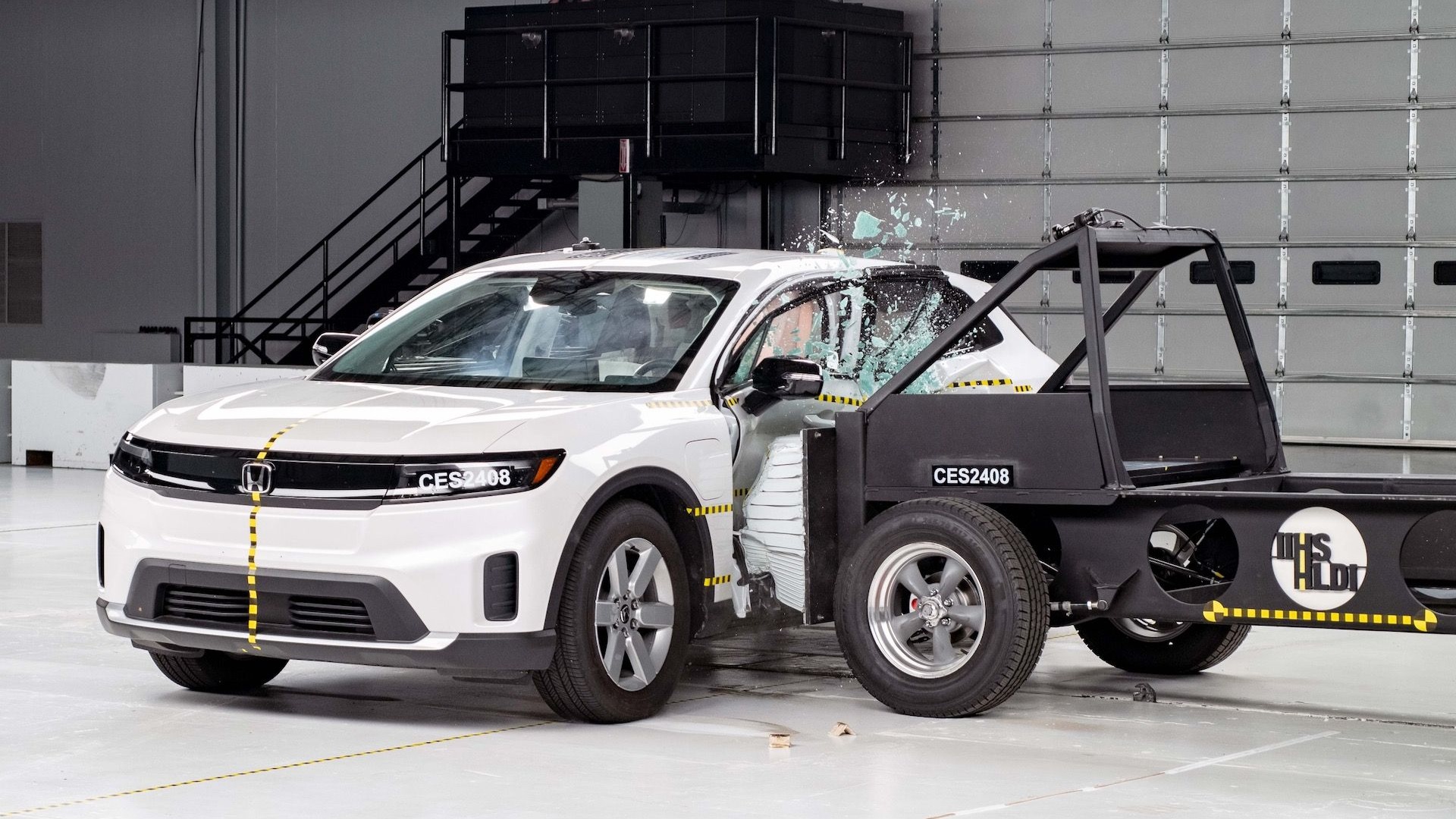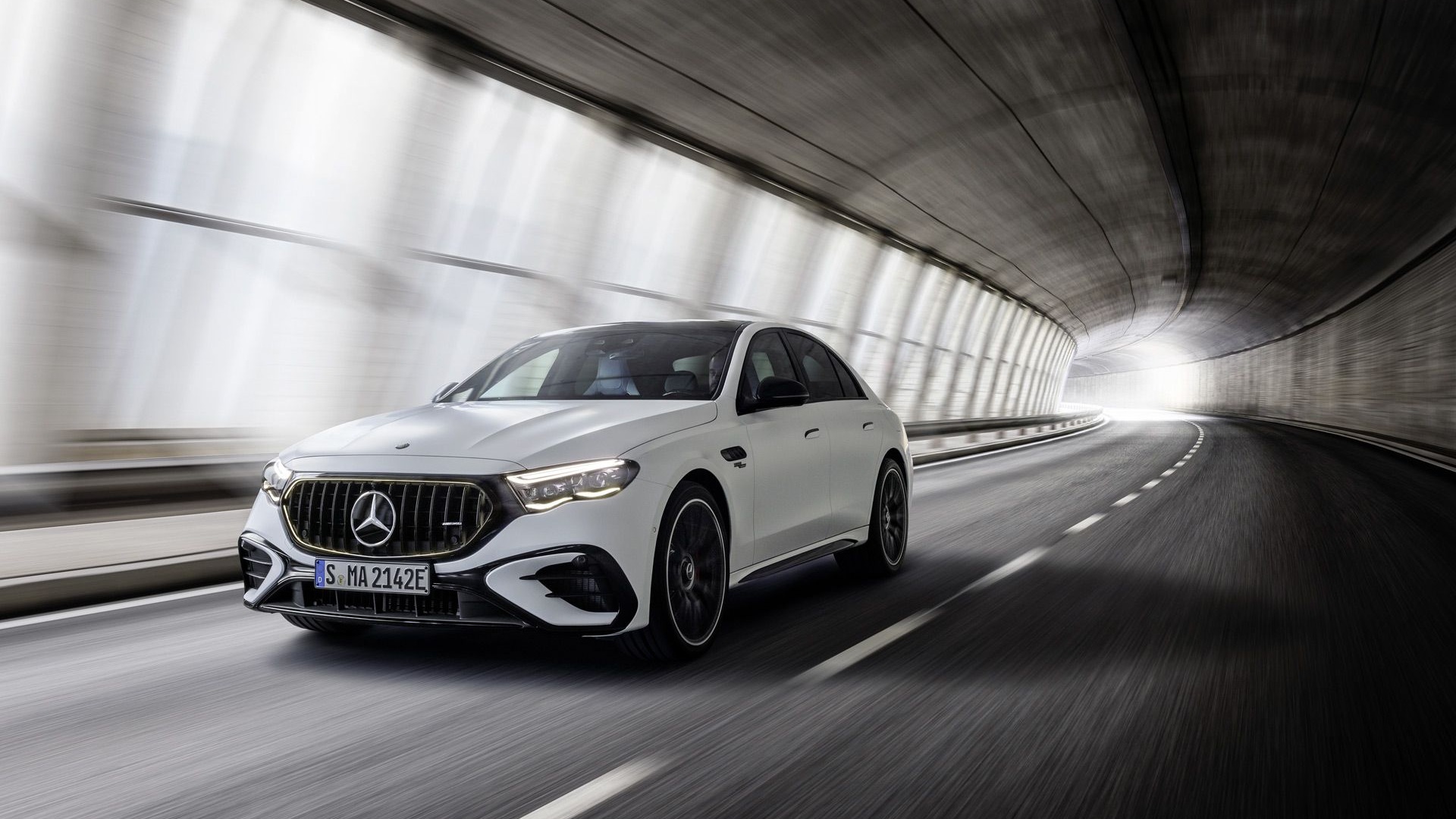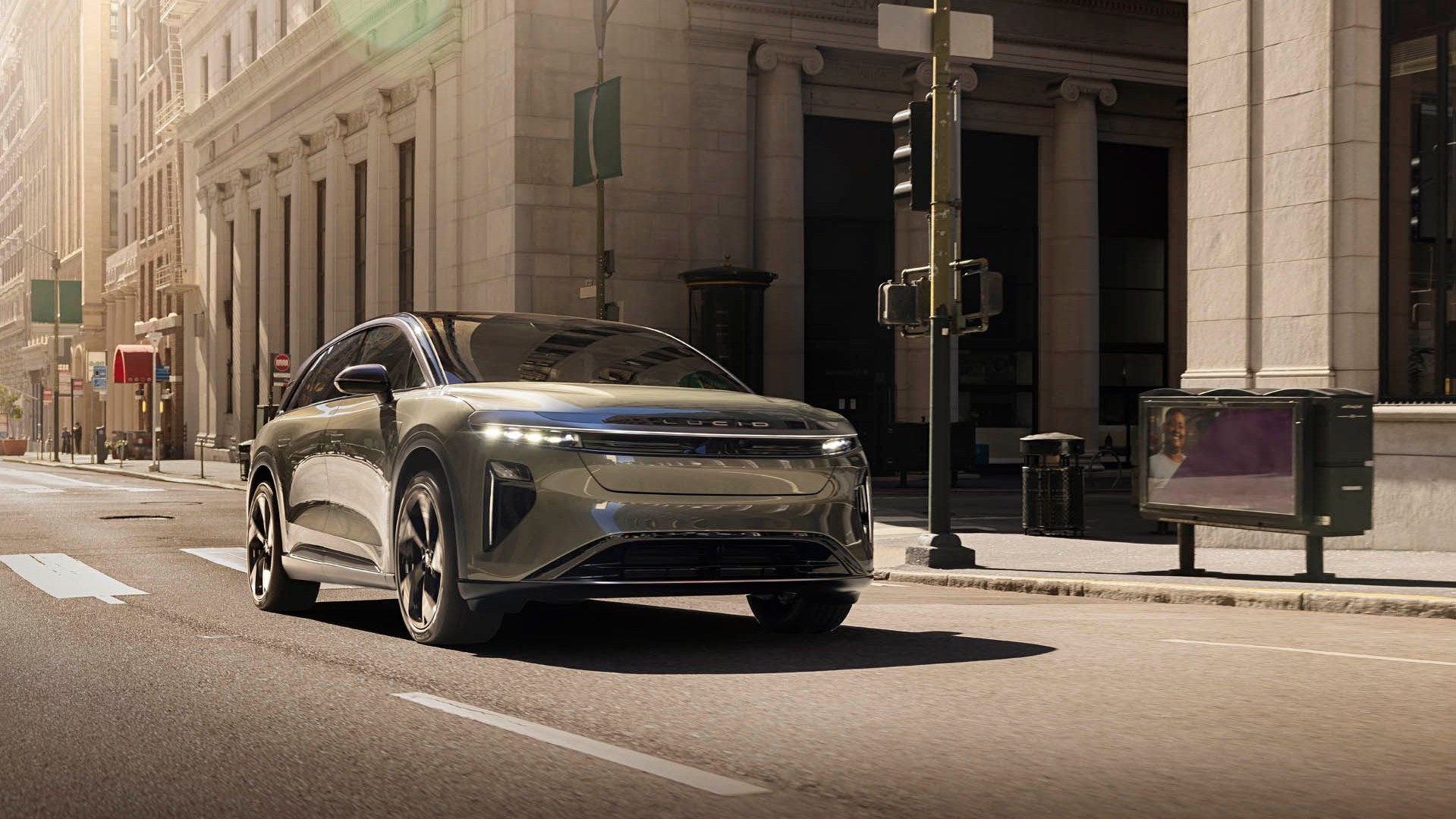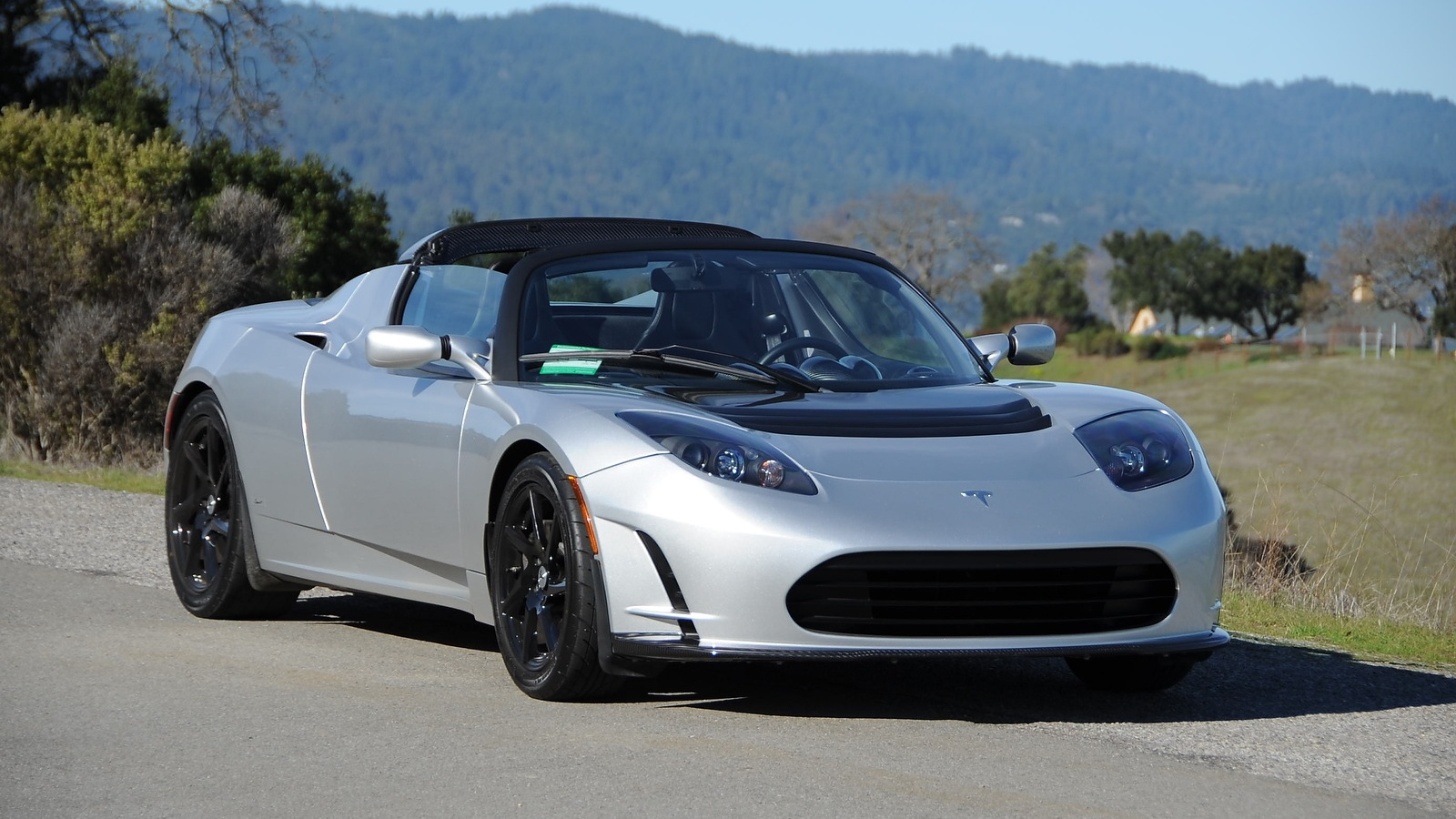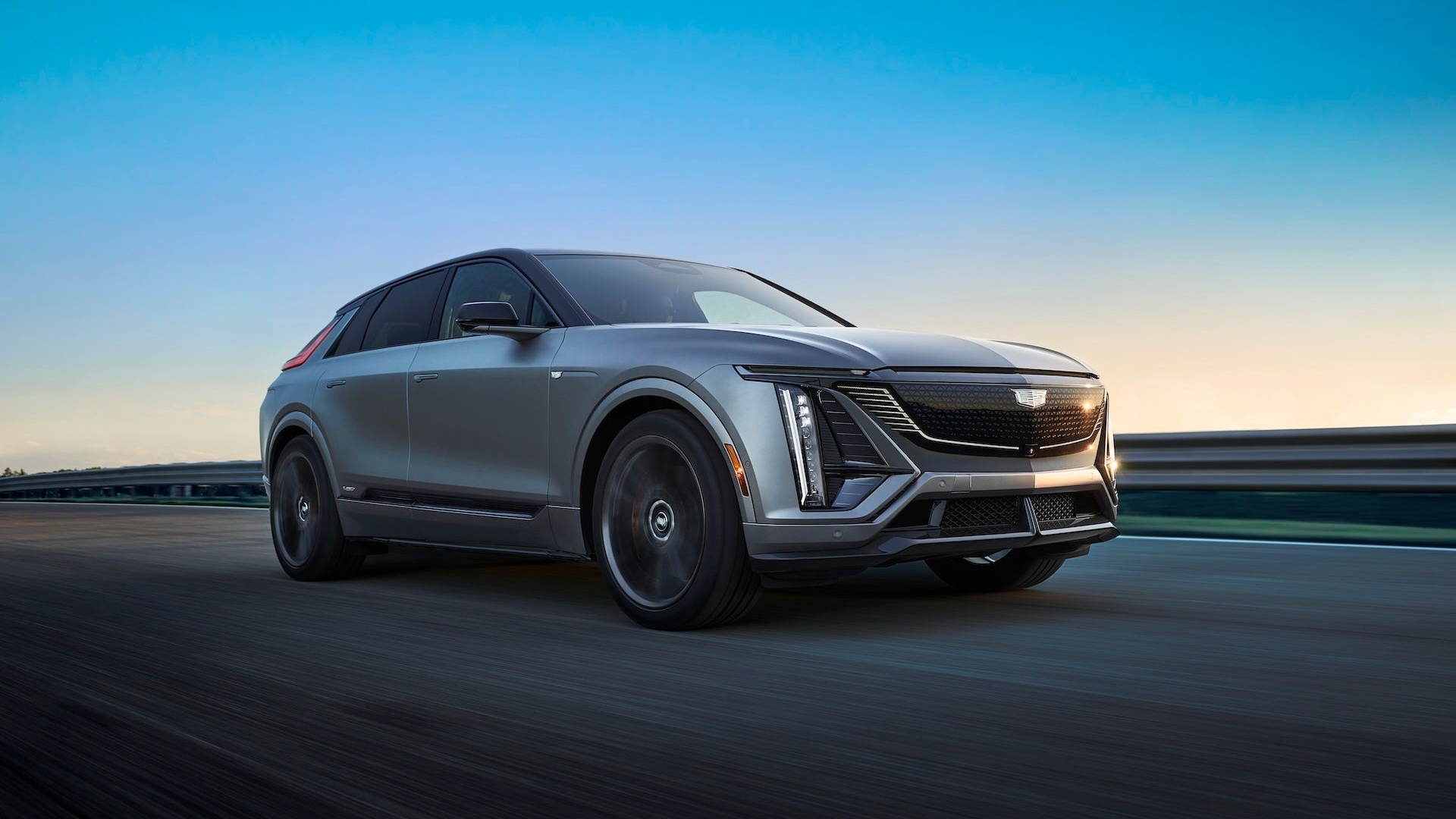It's no secret that California leads the nation in pushing for electric (and electrified) vehicle volume, but the state's southern region is moving for an even more accelerated approach, calling for 80% of new vehicle sales to be electric by 2028.
This latest initiative, dubbed the Zero Emissions Roadmap 2.0, was launched by a coalition calling itself the Transportation Electrification Partnership and spearheaded by an organization calling itself the Los Angeles Cleantech Incubator. This may not sound like much, but the the group counts among its supporters some relatively heavy hitters—including the mayor of California's most populous city.
Jaguar I-Pace undergoes final validation testing in Los Angeles
"We can’t turn the tide on the climate crisis until we work across sectors and city limits to put the brakes on dangerous pollution and kick our zero emissions transportation future into high gear,” said Los Angeles Mayor Eric Garcetti in the announcement.
“Our Roadmap 2.0 charts a course toward a healthier region with a cleaner transit network—and draws up a blueprint for cities worldwide to follow, so all of us can invest in the smart policies and green energy that will strengthen our families’ well-being and quality of life for generations to come."
If the initiative is successful, it will ensure that 30 percent of light-duty vehicles on the road are BEVs. This should result in 20 percent of total trips generating zero emissions. On top of that, the group is calling on politicians to declare future infrastructure projects zero-emissions corridors, starting with the I-710 project. This would effectively mandate electric and fuel-cell vehicles (and other carbon-neutral choices) be used for public projects.
These regional initiatives are likely a reaction to recent federal resistance to California's authority to set its own emissions and fuel economy targets. As the Trump administration seeks to unravel California's regulatory authority, local governments are in a position to take the reins.
The initiative has the support of Los Angeles, the county and CARB, which is just about all you need to get something done in California.


